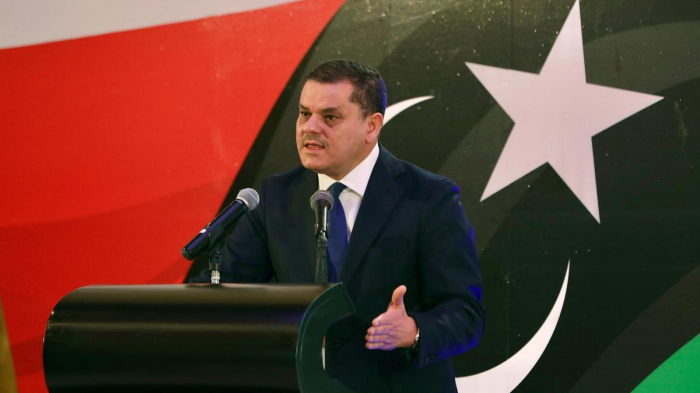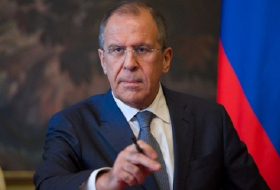The North African nation descended into conflict after dictator Moamer Kadhafi was toppled and killed in a NATO-backed uprising in 2011, resulting in multiple forces vying for power.
A United Nations-supervised process is aimed at uniting the country, building on an October ceasefire between rival administrations in the country's east and west.
Dbeibah, selected at UN-sponsored talks in February alongside an interim three-member presidency council, will take the oath of office in the eastern city of Tobruk.
More than 1,000 kilometres (630 miles) from the capital Tripoli in the west, Tobruk has been the seat of Libya's elected parliament since 2014.
Dbeibah's swearing-in comes after parliament last week approved his cabinet, in a move hailed by key leaders and foreign powers as "historic".
His government includes two deputy prime ministers, 26 ministers and six ministers of state, with the key foreign affairs and justice portfolios handed to women, a first in Libya.
"This will be the government of all Libyans," Dbeibah said after the vote. "Libya is one and united."
More about: Libya
















































